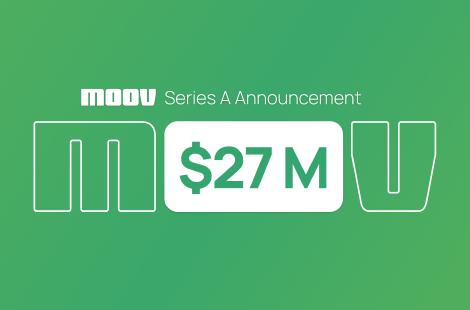
Paying independent contractors
The makeup of the US economy has shifted significantly over the last decade as more individuals have opted to work as independent contractors, commonly known as freelancers, in various marketplaces.
According to Gallup, independent contractors roughly account for 36% of the US workforce as of 2018. Additionally, independent contractors accounted for $1.2T in commerce and have consistently outpaced employee hiring for small and medium-sized businesses, according to PayChex. While freelancers have become a new facet of the modern economy, too many businesses lack the tools necessary to manage their financial needs efficiently.
Payment limits, sending checks and tax reporting, oh my!
Our team was approached by a company who built a business with the help of independent contractors who receive payments based on the volume of text messages generated for mobile advertising. Unfortunately the business continually runs into two major challenges with a large incumbent provider in the space. First, every payment cycle hits a static, single-payout transaction cap where some of the company’s highest performing users cannot receive a bank transfer, falling back to receiving a physical check instead. This places a strain on the owners and book-keeper to manage physical items going out, accounting for several hours every other week, despite repeated requests to increase the transaction limit. Secondly, the business was paying a few thousand users well over the $600 requirement needed to generate a 1099 to both the IRS and independent contractor. Unfortunately the incumbent offered no tax reporting capabilities, merely payout services.
While this business could use yet another third-party provider to solve tax reporting, they sought a solution that combined payout processing and tax reporting, while ensuring they weren’t responsible for user bank data. There are many good third party ACH providers out there, but this customer needed a dynamic technology platform that facilitates financial experiences beyond basic processing.
Embedded widgets
Collecting personal-identifiable-information (PII) for our customers translates to delivering a JavaScript library that we call Moov.js. Our customer leveraged Moov.js so that they would not be subjected to any state or federal regulations that provide oversight for this data, not to mention the reputation risk their brand would suffer should their services be breached.

With our architecture, expanding Moov.js to support a Proof-of-Authorization flow for collections, adding additional payment or user data or integrating a real-time account verification solution can be easily accomplished and currently in development. Customers can reap the benefits of hosted products if keen to get in market quickly, or build to our API’s and own the full experience.
Thinking beyond the payout
Most folks would rather go to the dentist or speak in public than deal with text-based files, SFTP infrastructures or sign up for yet another business bank account. Yet when considering a new product, the expectations for payment processing today includes a beautiful dashboard, reporting, built in risk and compliance services, an SLA which guarantees transactions don’t fall on the floor, JSON to file transformations, OFAC and sanction screening, exception processing and many other basic functions. Orchestrating payment processing at scale means owning the end-to-end flow so your customer can scale, and in some ways, risk their business on your platform. But it’s not enough.
The value for this customer in leveraging Moov was the combination of a robust, hosted service that passed the sniff test of basic processing requirements, while not forcing them to take on sensitive PII data, nor leverage yet another point solution for tax reporting. Our customer can focus on scaling their business, leaving the boring, but mission critical parts of their business to Moov.
We are humbled and excited to serve this business and hopefully many more like them.

